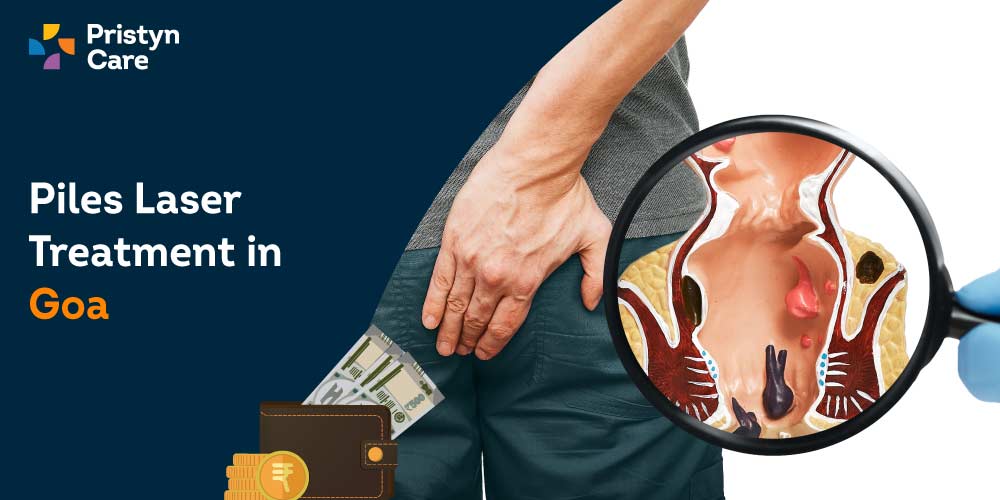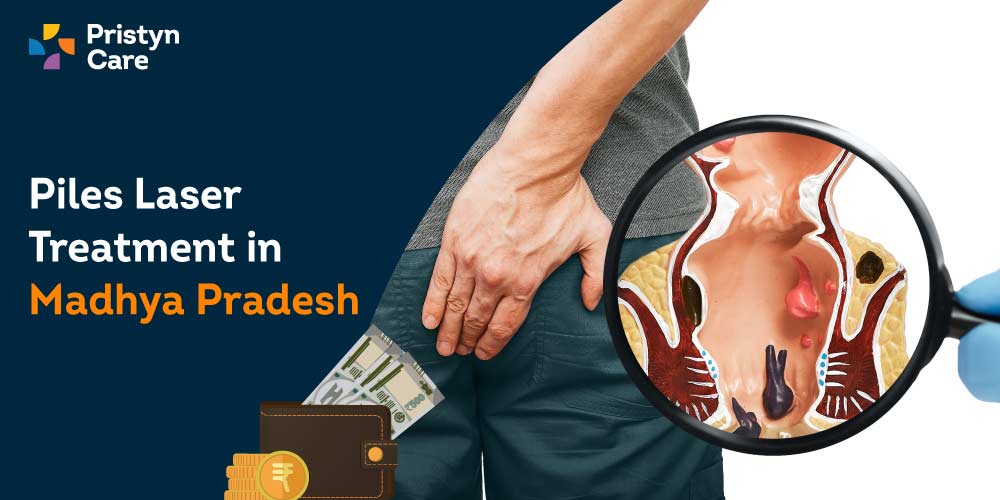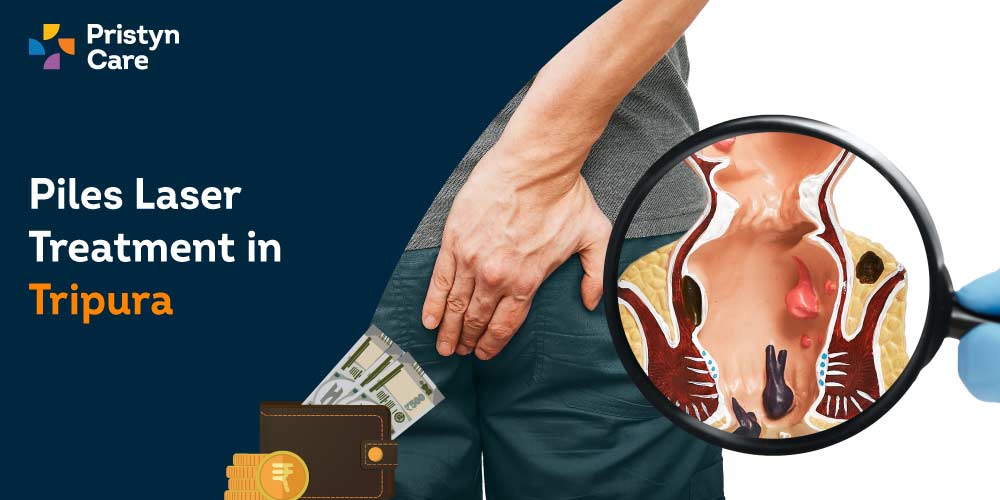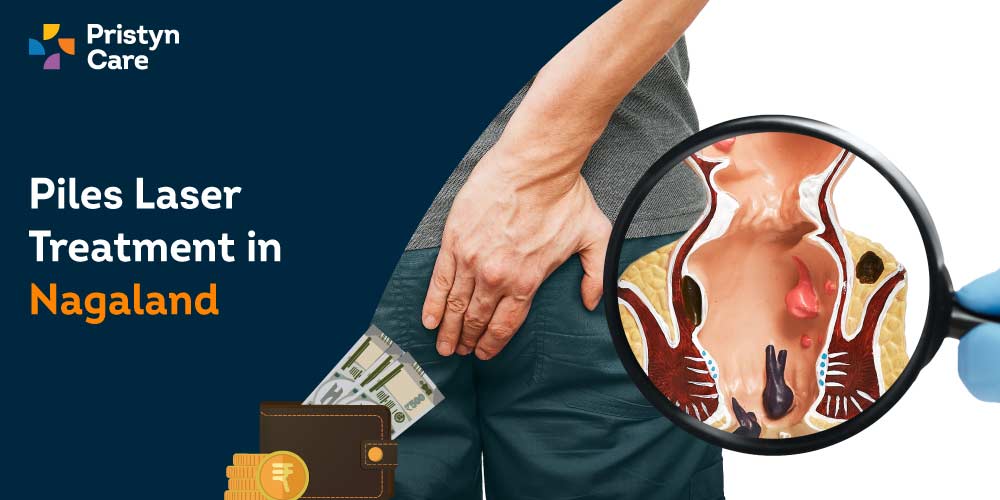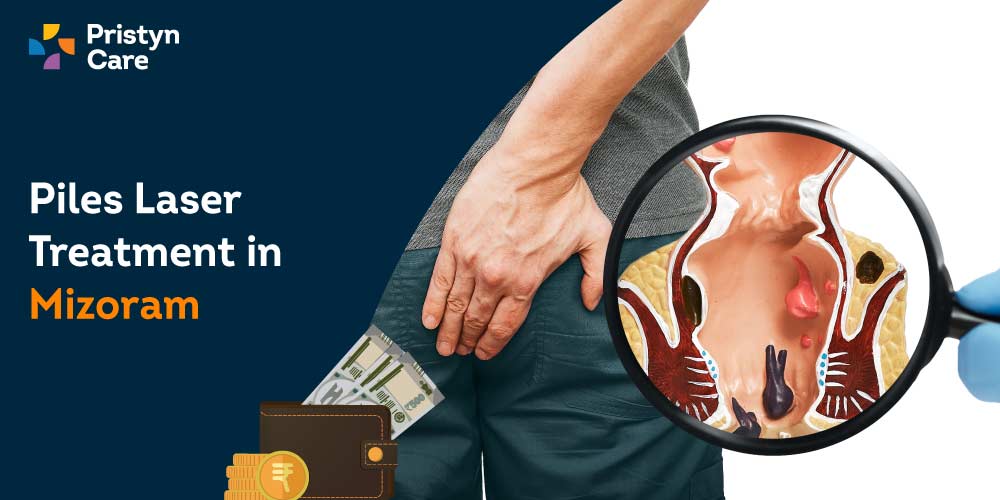Proctologist In Ernakulam
Timely treatment for any anorectal condition by consulting the best proctologist in is important to lower the risk of complications and improve overall well-being. Whether it's hemorrhoids, fissures, or other colorectal conditions, getting help from the top proctologist in Ernakulam is the way to go. If you suspect you have a colorectal condition, reach out to our team to consult with the best proctologists in Ernakulam.
Book FREE Consultation
Our Specialities
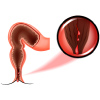
Anal fissures are small tears in the anal linin...

An anal fistula is an infected tunnel between t...
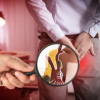
Piles, or hemorrhoids, are swollen and inflamed...
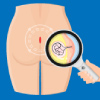
An anal fistula is an infected tunnel between t...
Best Doctors for Proctology in Ernakulam
- Dr. Amal Abraham (lxcZMKx9yK)
MBBS, MS, FMAS, FACS
Blogs
Frequently Asked Questions
Some warning signs of proctological issues that hint towards seeking a doctor’s intervention include rectal bleeding, severe rectal pain, passing mucus through the rectum, a feeling of fullness in the rectum, anal itching or burning, and fecal incontinence.
The need for treatment for colorectal conditions depends on the type of condition a patient has and its severity. Some colorectal conditions, such as fissures, hemorrhoids, and anal skin tags, can be left untreated in their early stages but may require treatment if they progress. On the other hand, if one has more serious conditions such as anal polyps, a doctor’s intervention and timely treatment may be necessary.
Proctologists in Ernakulam typically charge from Rs. 500 to Rs. 1,500 for every consultation. The consultation charges are bound to differ for patients based on the experience these proctologists possess, where they practice, and other factors.
The treatment of different proctological conditions varies depending on the specific condition, its severity, and individual factors. While several proctological disorders can be effectively treated and managed, achieving a permanent cure may not be possible in the case of all conditions.
For an appointment with a proctologist, you may be advised to bring all your relevant medical records and other necessary documents. If a procedure needs to be done, you may be advised to bring your government-issued IDs as well, along with any other necessary documents.
Common Proctology Conditions
Proctology conditions are of different types, each with different characteristics, symptoms, and range of severity. Understanding the common proctology conditions, and their associated symptoms is essential for seeking timely medical intervention. Some common proctology condition and their symptoms are as follows:
- Hemorrhoids (Piles): This condition involves swollen and inflamed veins in the rectum and anus, that may trigger pain, itching, and bleeding, especially during bowel movements. Blood in stools, itching and pain in the anus, and lumps around the anus are some symptoms of hemorrhoids.
- Constipation: Constipation is a condition characterized by an individual’s inability to pass stools, or having infrequent bowel movements.
- Diarrhea: Watery or frequent bowel movements caused by infections, inflammatory conditions in the body, or issues with the diet.
- Anal Fistula: Anal fistula is an abnormal tunnel that forms in the anus or rectum. This condition generally occurs as a result of a previous anal abscess. Irritation around the anus, smelly discharge from the anus, seeing blood during bowel movement, are the common symptoms of anal fistula.
- Anal Fissure: Fissure means a cut or crack. Anal fissure is a condition involving small tears in the lining of the anus. Fissure results due to straining while passing stool or passing a hard or large stool. Symptoms include pain and bleeding during bowel movement.
- Anal Abscess: This condition occurs as a result of pus collection in the anal or rectal area. It’s generally caused by an infection of an anal gland. Throbbing pain that worsens while sitting, irritation around the anus, swelling, and redness are some symptoms of anal abscess.
- Inflammatory Bowel Disease (IBD): IBD refers to an inflammation in the digestive tract. This inflammation can lead to severe symptoms such as pain in the abdomen, rectal bleeding, and diarrhea.
- Rectal Prolapse: This condition occurs when the protrudes through the anus. The protrusion can be partial or complete, with weakened muscles being the major cause. Symptoms include a bulge in the anus, fleshy mass hanging out of the anus, blood during bowel movements, anal pain, etc.
- Colon Polyps: Polyps are abnormal growths on the inner lining of the colon or rectum. They are generally benign, but carry the risk of potential malignancy. This condition often causes pain, rectal bleeding, and changes in bowel habits.
- Colorectal cancer: It’s a cancer of the colon and rectum. It’s quite common and does not cause any symptoms in its initial stages.
Surgeries Performed by Proctologists
Colorectal surgeries, which fall under proctology, are of different types. They may be done for diagnostic or treatment purposes to detect and correct disorders of the colon, rectum, and anus. Common surgeries performed by proctologists include:
- Hemorrhoidectomy (Piles Surgery): Piles surgery is done in the case of complex hemorrhoids that can not be treated through other methods. This procedure involves the removal of hemorrhoids using different removal techniques, depending on the requirement of the case.
- Fistulotomy: This surgery is done for the treatment of anal fistulas. An incision is made along the fistula tract to help it heal.
- Colectomy: In this surgery, the doctors remove a part of the colon or the entire colon for the treatment of certain conditions including Inflammatory Bowel Disease (IBD), colon cancer, etc.
- Rectopexy: This procedure addresses a rectal prolapse. Different techniques are employed to bring the rectum to its normal position and restore its normal function.
- Anal Sphincter Repair: An anal sphincter dysfunction or injury can require an anal sphincter repair surgery. The sphincter requires timely repair to let patients control their bowel movements.
